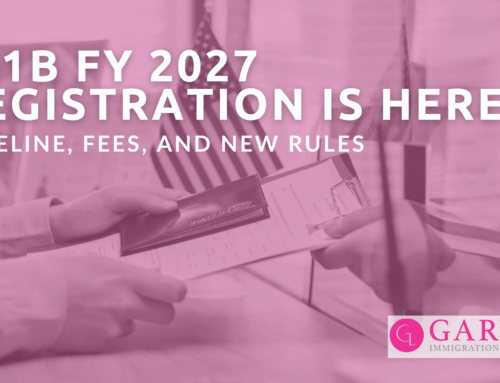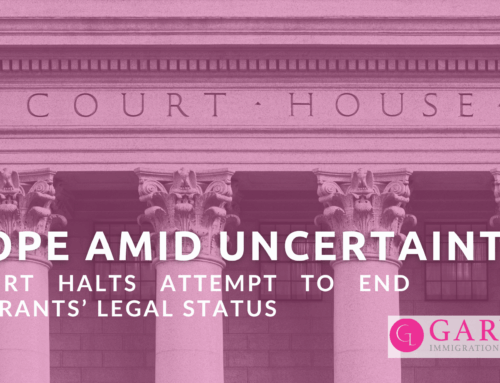DACA was first established in August 2012 on a Policy Memorandum issued by former DHS Secretary Janet Napolitano. Since then, DACA has permitted over 800,000 young individuals to remain with their families in the United States. In recent years, controversies arose related to the legality of program. DACA is currently subject to litigation. However, the latest DACA final rule (PDF) that went into effect on October 31, 2022, fortifies the program for currently accepted DACA recipients.
Under the final rule, USCIS will continue to accept and process applications for deferred action, work authorization, and advance parole for current DACA recipients. Due to ongoing litigation in court, USCIS will continue to accept but cannot process initial DACA applicants.
The current court orders prevent the immigration system from adjudicating requests from initial applicants. On the contrary, the latest DACA final rule (PDF) provides some relief to current recipients of the DACA program by affirming that:
- Current DACA recipients’ deferred action, employment authorization, and advance parole are recognized as valid under the final rule.
- DACA recipients are considered “lawfully present” for certain purposes.
- Non-citizens who meet eligibility criteria, clear all national security and public safety vetting, and are found to merit a favorable exercise of discretion may be granted deferred action and obtain renewable two-year work authorization. Given pending litigation, the Department is currently barred from granting deferred action to new DACA recipients.
USCIS will continue to accept and process DACA renewal and employment authorization renewals requests.
About the Author

Mercedes Benites
Mercedes Benites is a Legislative Assistant for the Georgia State Senate. She also assists Garvish Immigration with weekly and monthly marketing projects.




